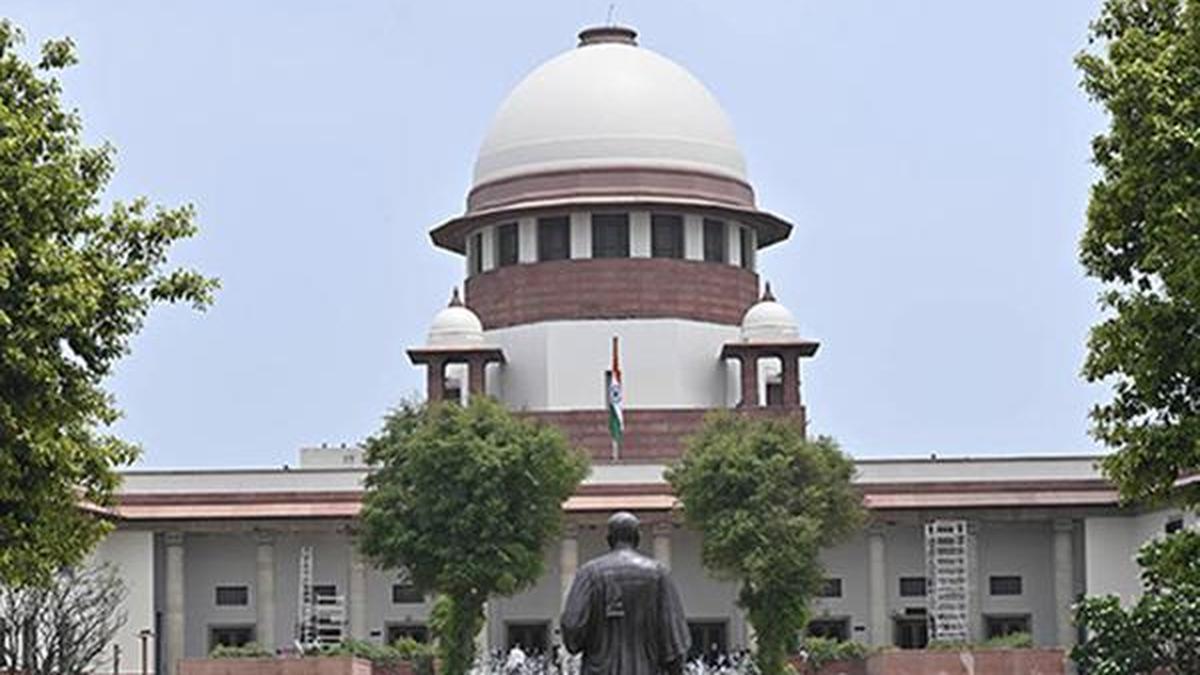
Funding shortfalls hamper legal aid clinics in Indian law schools, reveals SC report
The Hindu
Supreme Court report reveals lack of funds hindering legal aid clinics in Indian law schools, impacting access to justice.
A recent report published by the Supreme Court’s Centre for Research and Planning (CRP) has revealed that legal aid clinics of law colleges and universities do not receive adequate funds from the University Grants Commission (UGC), affiliated universities, and legal services authorities, hindering the functioning of the cell.
Under India’s legal framework, every law school is mandated to establish a legal aid clinic or cell to offer free legal assistance to underprivileged and marginalised communities. Legal aid encompasses providing legal advice or assistance at little to no cost for clients who are indigent or from disadvantaged backgrounds. It also involves activities such as promoting legal awareness, conducting paralegal tasks, and advocating for legal reforms.
The report titled ‘Legal Aid through Law Schools: A Report on Working of Legal Aid Cells in India’ released on November 5, 2024 stated that, “Funding for legal aid activities is often seen as a hindrance to the functioning of the cell”.
As per the data provided by the Union Ministry of Law and Justice in Parliament, there are 1,662 law colleges in India currently, out of which legal services cells are established in 1,095 colleges. The CRP surveyed a total number of 83 legal aid cells, out of which 47 are part of government colleges/ universities, while 31 colleges are private, and five colleges are semi-private in nature.
The report said most law universities and colleges are either funded by the university or depend on the funds raised by the clinics. It said only 15 out of 83 legal aid clinics at colleges surveyed by it receive financial assistance as donations, aid, or grants from external authorities such as the State government.
“These clinics usually run on a low budget, and the lack of finance hinders activities that the clinic can shoulder. For example, universities have identified that with less funds at their disposal, they can only carry out legal literacy programmes such as nukkad natak (street shows) or camps,” the report said.
“Even though the clinics have identified various issues in the surrounding villages such as non-implementation of the welfare schemes, they cannot assist the villagers with the resolution due to the lack of funds,” it added.













